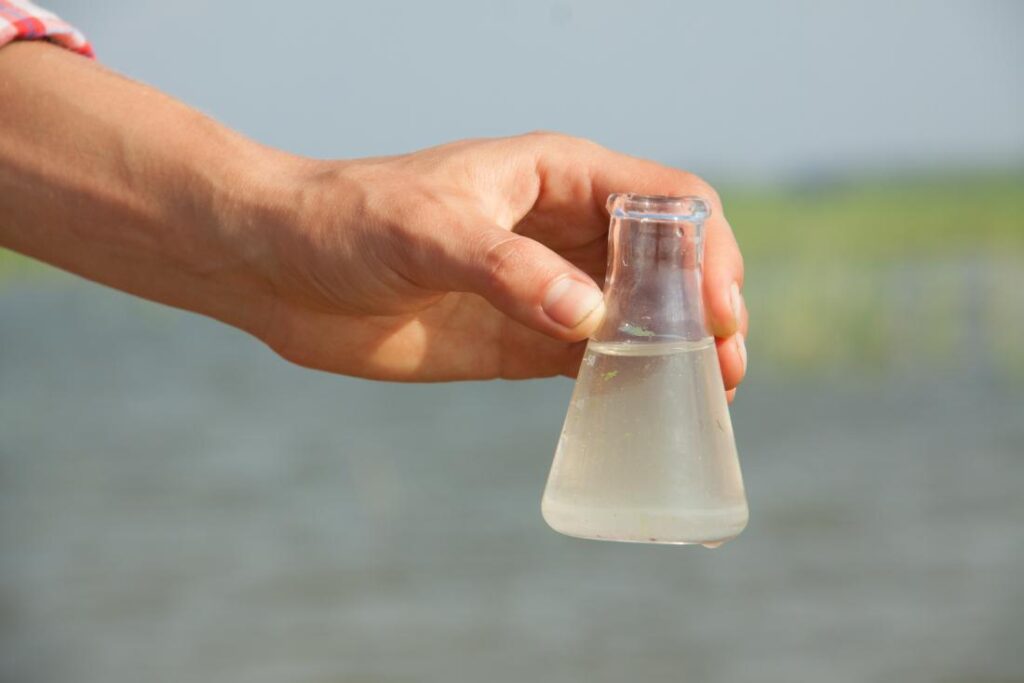Ousman, a refugee in Adré, began experiencing fever, muscle aches, and joint pain, to the point where he could no longer walk even short distances. He also suffered from stomach pain and frequent vomiting. He did not yet know that he was suffering from hepatitis E, a disease mainly transmitted through contaminated water and caused by poor hygiene conditions.
Since the beginning of 2024, an outbreak of hepatitis E has been affecting eastern Chad, particularly in refugee camps. By 9 June, 2,894 cases had been reported across seven camps, with eleven deaths, resulting in a fatality rate of 0.4%. The first cases appeared in January 2024, and tests confirmed the presence of the virus.
In response, health authorities, supported by the WHO and other partners, quickly implemented a response plan. Multidisciplinary teams were deployed, and surveillance measures were strengthened. The WHO provided equipment for the transport of samples and trained local staff on epidemic management and risk communication.
Abdel-Aziz Djidou, a nurse in Adré, emphasises the importance of formative supervisions that have improved his skills. He advises hepatitis E patients to isolate themselves, drink plenty of water, and avoid hot foods and paracetamol. Hygiene and sanitation are also prioritised.
Sanitary infrastructure has been strengthened with the help of partners, including the construction of latrines and the disinfection of water points. Dr Mahamoud Adam Ahmat, district chief doctor in Adré, notes a decrease in new cases, indicating that the response measures are working.
Since April 2023, over 700,000 refugees have fled the conflict in Sudan to seek refuge in eastern Chad, putting significant pressure on local health structures. Several epidemics have been contained with the support of the WHO, but the risk of a cholera outbreak remains high, especially during the rainy season.
In the absence of antiviral treatment for hepatitis E, care is symptomatic. After two weeks of treatment, Ousman is feeling better and is now more careful about water hygiene and washing his hands regularly.
Source: WHO



